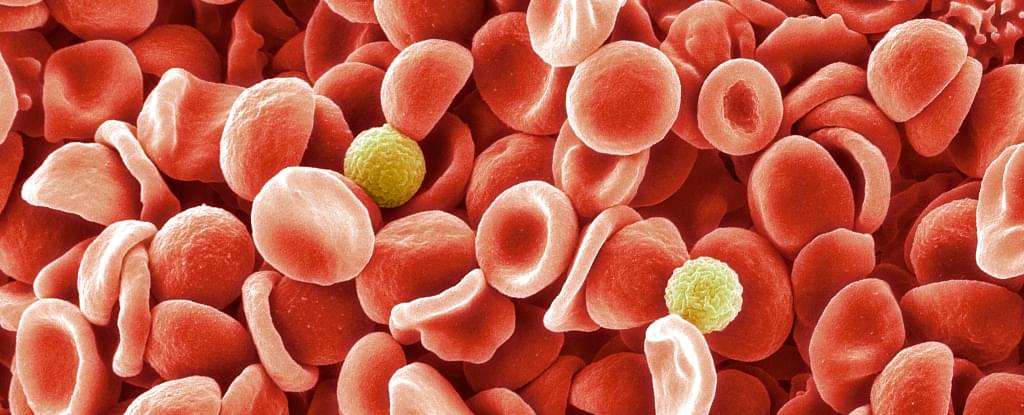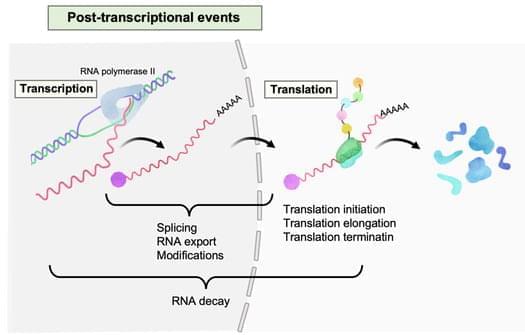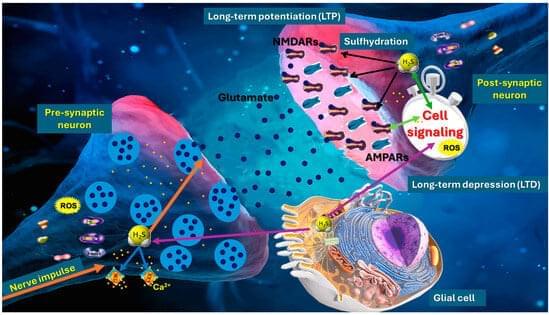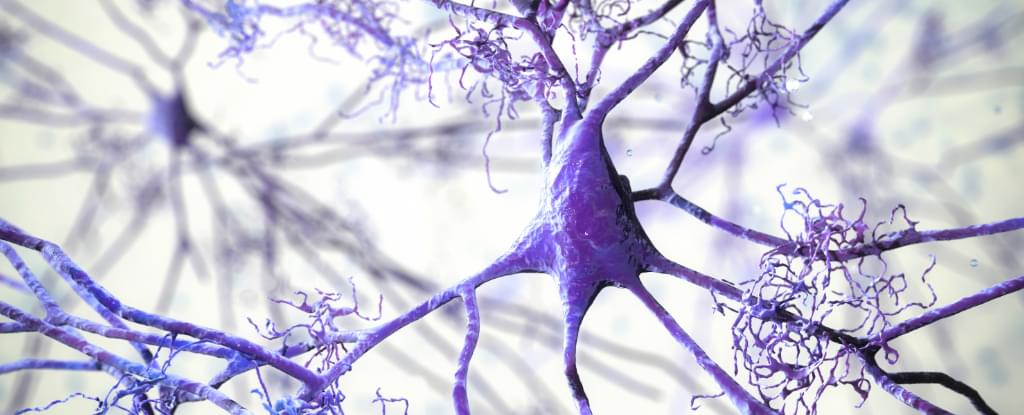🚀 Join Geekademy for exclusive AI tools, guides, and discounts to level up your AI skills!
👉 Check it out: https://whop.com/c/geekademy-learning/gpt5-geek.
In this video I explore how Sam Altman’s hints about GPT-4.5 and GPT-5 are reshaping the AI landscape. You’ll discover the key differences between GPT-4.5 and GPT-5, learn why OpenAI’s next release could unify “fast” and “thoughtful” AI models, and find out how chain-of-thought reasoning could change everything from creative writing to complex problem-solving. I also discuss the biggest challenges OpenAI has faced during GPT-5’s development—from massive data requirements to persistent engineering snags—and why this model might feel closer to AGI than any chatbot yet.
LEARN AI:
🎓 Ultimate Generative AI Course — https://aimaster.me/generative-ai-course.
🎙️ Talk to AI Master — https://aimaster.me/talk-to-ai-master.
📚 AI Essentials Library — https://aimaster.me/ai-essentials-library.
Chapters:
0:00 — Introduction.
0:24 — Timeline.
3:20 — Release date.
3:38 — Why the Wait?
5:01 — More problems.
7:25 — The Big & The Bigger.
8:41 — A solution.
9:38 — New Architecture.
11:32 — Deeply Multimodal Interaction.
12:34 — Built-in Operator & Scheduling Features.
13:23 — Personalization & Persistent Memory.
14:11 — Larger Context Windows.
14:56 — Visual Planning & Collaboration (Canvas)
16:13 — Will GPT-5 Feel Like AGI?
17:31 — Why GPT-5 Matters.
18:35 — It’s Almost Here




